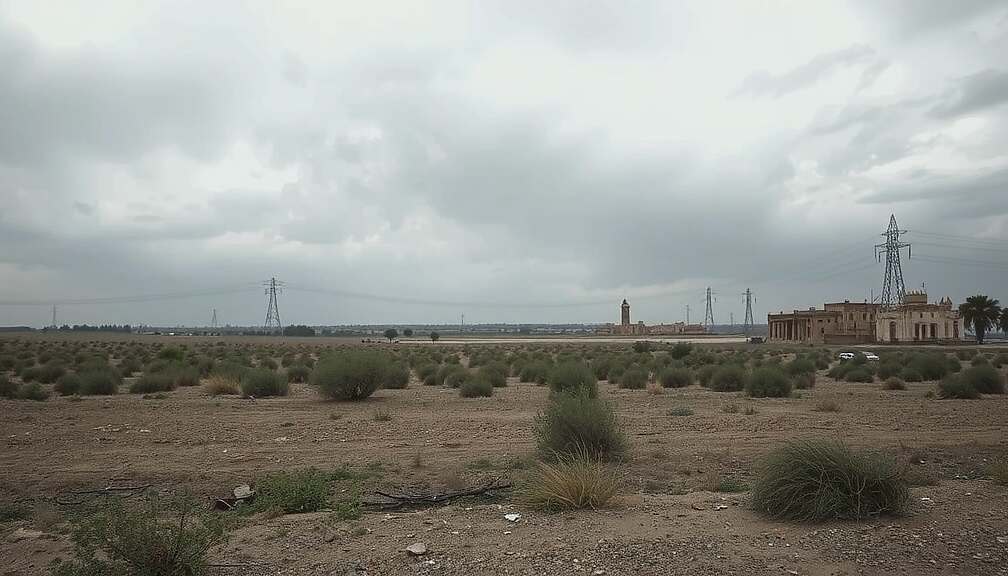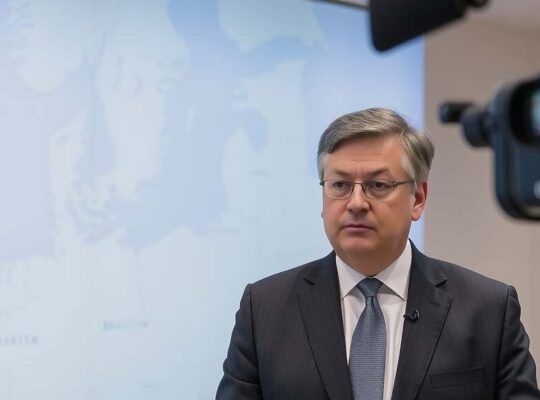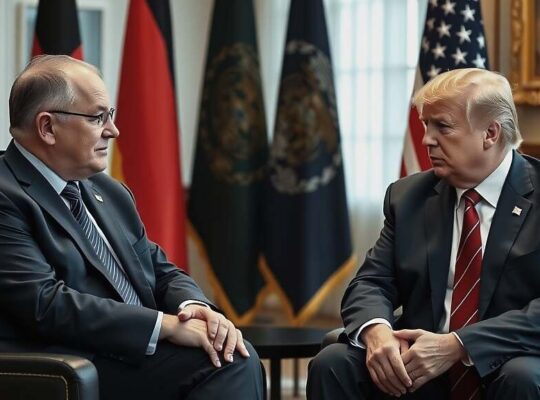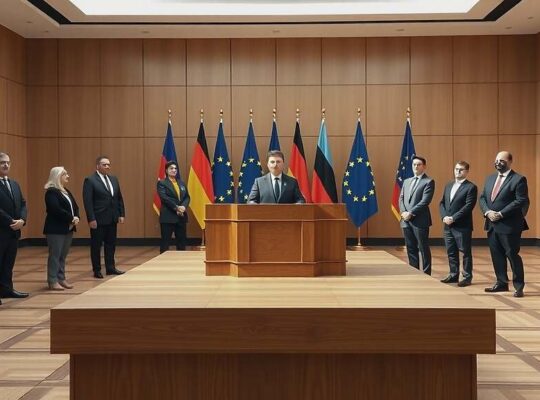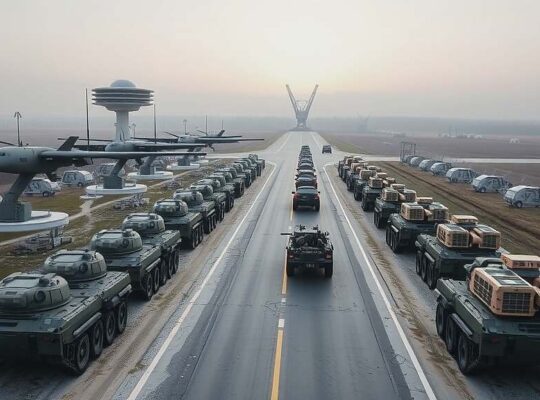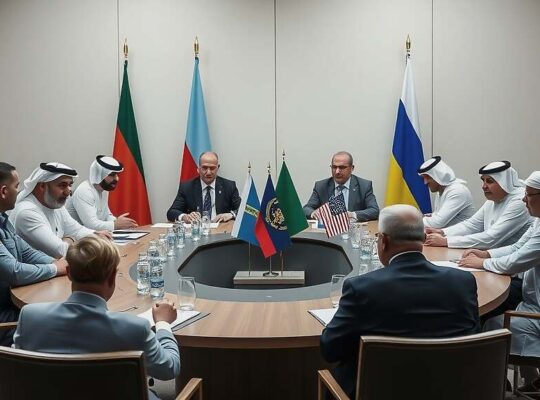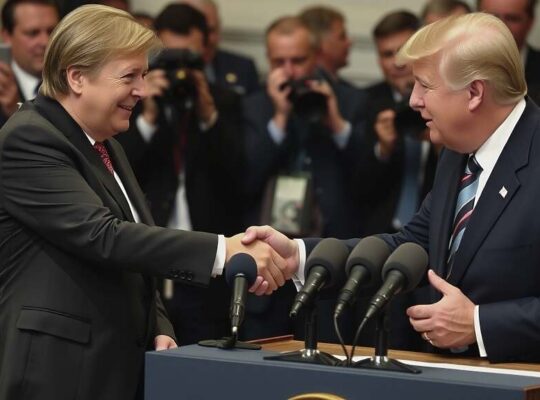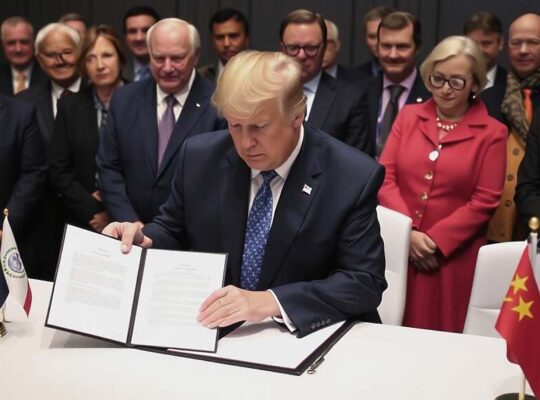The suggestion by former U.S. President Donald Trump to freeze the current frontline in Ukraine and allow history to adjudicate the outcome has ignited a fresh wave of debate surrounding the conflict’s potential resolution and the future of Western support. Trump’s proposal, articulated on his social media platform following a meeting with Ukrainian President Volodymyr Zelenskyy, risks undermining Kyiv’s stated goals and potentially rewarding Russian territorial gains.
While Trump’s comments were presented as a potential pathway towards de-escalation, they immediately exposed a widening chasm in approaches to the war. Zelenskyy, addressing journalists, underscored the intractable nature of the territorial dispute, highlighting Russia’s ambition to occupy a substantial portion of Ukrainian land. He emphasized that any discussion of territorial concessions must be contingent upon a ceasefire, a prerequisite he believes is essential before meaningful negotiations can even begin.
The revelation that Trump reportedly advised against providing Ukraine with long-range weaponry, citing fears of escalation, adds another layer of complexity. This restriction, if true, would significantly curtail Ukraine’s ability to defend itself and to target Russian supply lines, further hamstringing its military capabilities. Critics argue that such limitations, driven by perceived escalation risks, could inadvertently prolong the conflict and embolden Russia’s aggressive posture.
Zelenskyy’s insistence on a ceasefire preceding territorial negotiations demonstrates a firm commitment to preserving Ukraine’s sovereignty and territorial integrity, a position vehemently opposed by Moscow. The former President’s intervention, regardless of its intended outcome, has injected an unsettling element of unpredictability into the geopolitical landscape and raises serious questions about the long-term sustainability of Western backing for Ukraine’s war aims. The divergence in perspectives – one advocating for a frozen conflict and the other prioritizing territorial recovery – highlights a fundamental disagreement over the desired endgame, leaving Ukraine’s future precariously balanced.


